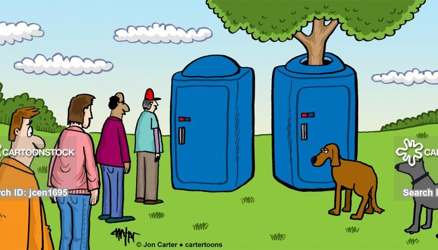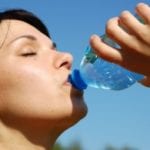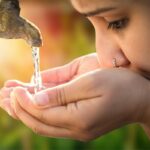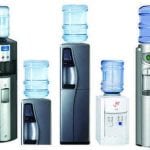Considering that 60 percent of your body weight is made up of water, it is not surprising that drinking water performs essential functions in the body.
Every system in the body is dependent on water. Water carries nutrients into cells, flushes toxins from vital organs, and provides moisture for the ears, eyes, nose, and throat. The body loses water in many different ways – through perspiration, breath, and digestive functions – and must be continually replenished. When the body is dehydrated, this can cause you to feel drained and tired.
So how much water does the average, healthy adult need?
Assuming you are living in a temperate climate like the Colorado Front Range, the Institute of Medicine says that men need about 3 liters and women need about 2.2 liters of drinking water per day.
While it might be easier to stick with the well-known formula and drink eight glasses of purified water each day, remember that all fluids consumed count toward the daily total. Not surprisingly, most health professionals would agree that drinking water is better for hydration than sugary soft drinks and caffeinated beverages.
Which factors influence your drinking water needs?
Runners, athletes, and other active people who participate in outdoor lifestyles in Colorado may need to modify their total fluid intake, but other factors that influence the need for liquid hydration can exist.
For example, if you live in a humid climate or take a lot of daily medications, it’s a good idea to drink more water. Pregnant women and nursing mothers should dramatically increase their fluid intake to meet the needs of the baby.
Anything that causes fluid loss will require that you drink extra water to compensate. How much additional fluid you need depends on how much you sweat during physical activity, as well as the duration and type of exercise.
Is drinking water the best fluid for hydration?
If you are engaging in long and intense bouts of exercise, health professionals suggest supplementing your drinking water intake with a sports drink that contains sodium. Drinks like Gatorade and Powerade contain electrolytes that help replace lost sodium during exercise, but individuals must continue to replace fluids after an exercise session is finished to ensure the body is sufficiently hydrated.
Environmental influence on water intake
Do you sweat a lot in hot and humid weather? Does exposure to forced air heat make your skin dry in the winter? Do you breathe heavier in the high Colorado elevations?
All of these situations will require you to compensate by increasing drinking water intake. Illnesses and other health conditions may require you to drink more water as well. Some stomach disorders, viruses, or bladder infections can require you to increase fluid intake, while many heart, kidney, and adrenal conditions may require you to limit your water and additional fluid intake.
Can foods be a good source of fluid?
While it’s usually preferable to rely on drinking water to supply you with fluid, there is no denying that food contains water. For example, tomatoes and watermelons are at least 90 percent water by weight, but generally, you can only expect to get 20 percent of your total water intake from food.
Beverages such as milk and juice are mostly water, and they also contain many valuable nutrients. However, if you are counting alcoholic and caffeinated beverages in your fluid intake, remember that they can also be diuretics, meaning they can cause frequent urination. Drinking water is usually our best bet considering it’s inexpensive, calorie-free and readily available.
How to know if you’re properly hydrated
Most people don’t give their fluid intake much thought, but if you’re wondering how much you need, follow these tips from the Mayo Clinic. If you are drinking enough that you rarely feel thirsty and you produce about 1.5 liters of colorless or pale yellow urine each day, you are likely getting enough fluids. To prevent dehydration and ensure your body receives the fluid it needs, switch to drinking water as your “beverage of choice.” A balanced diet with proper fluid intake can be the recipe to achieving personal wellness.
Achieve proper hydration in-home or at the office with Clearly Colorado Filtered Water Dispenser Rentals
Top 10 Health Benefits of Drinking Water
Find Out Which Water is Healthiest for You: Spring, Distilled, or Purified?





